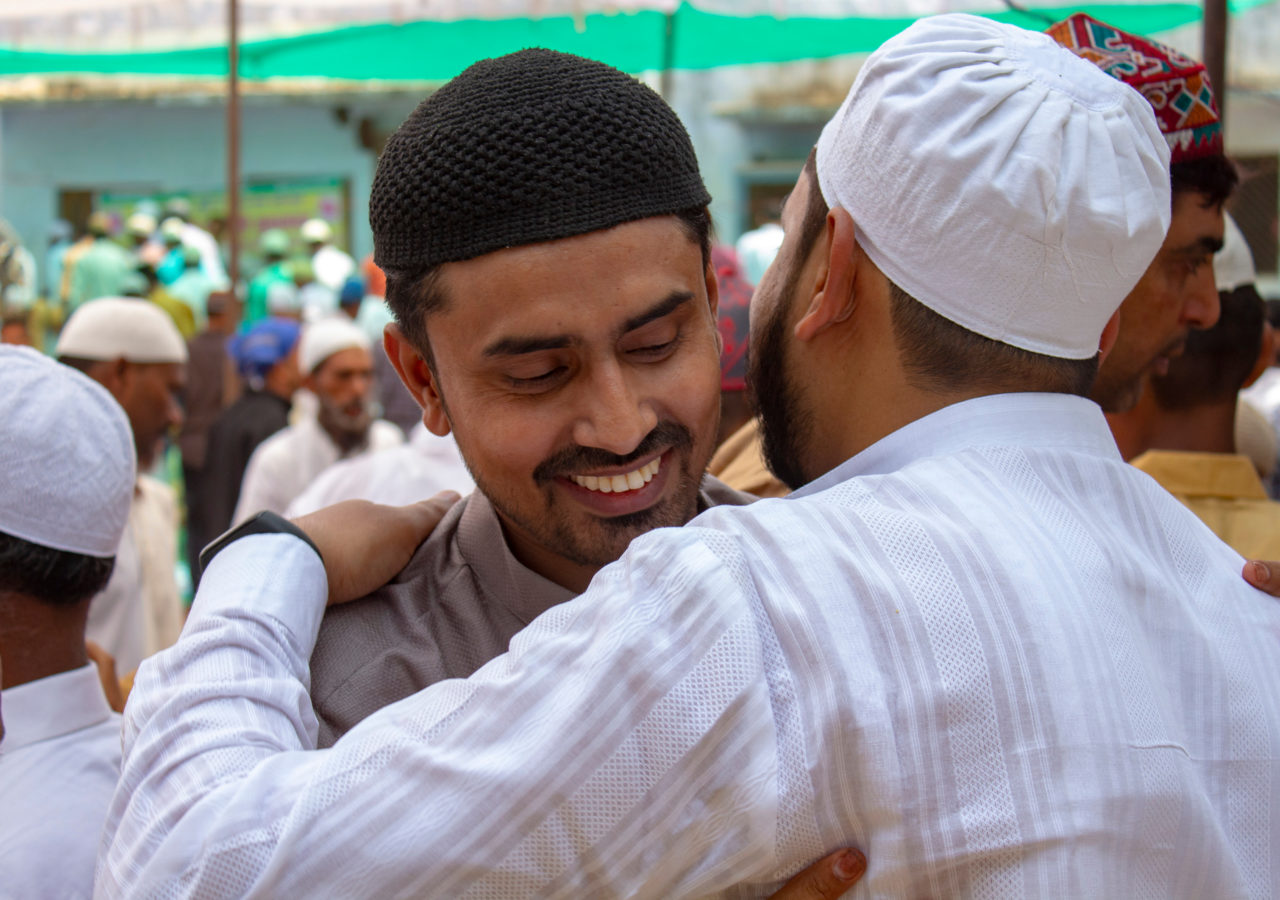It is my duty to love them, support them, and forgive them when they make mistakes

As the oldest of three brothers, I have always felt a sense of responsibility to look after my younger siblings. It is a role that I take very seriously and one that I know comes with certain rights and responsibilities.
In Islam, brotherhood is highly valued and is seen as a bond that goes beyond blood relations. The Prophet Muhammad (pbuh) said: “The believers in their mutual kindness, compassion, and sympathy are just like one body. When one of the limbs suffers, the whole body responds to it with wakefulness and fever” (Al-Taj, Volume 2, Page 136 as well as Sahih al-Bukhari, Volume 8, Book 73, Number 70).
This hadith highlights the importance of looking out for one another and the concept of brotherhood in Islam.
Therefore, when thinking about my role as a brother to siblings, both my older sister and younger brothers, that connection between ourselves and the service we dedicate to one another is constantly on my mind, and one of the main aspects of my life which I am always seeking to improve on and develop.
Imam Ali Zainul Abideen (a.s.) in his work, Risalatul Huqooq (Treatise on Rights), laid out the rights and responsibilities of brothers upon one another.
The Risalatul Huqooq is a powerful Islamic document that outlines the rights and responsibilities of individuals towards themselves, God, and others, including siblings. The Imam was placed in the best of settings, being the son of Imam Hussain and the nephew of Abbas ibn Ali, which allowed him the opportunity to reflect on the values of brotherhood and sacrifice that were exemplified by his family members.
The section on the rights and responsibilities of siblings towards each other emphasizes the importance of treating siblings with kindness, respect, and love. He wrote: “And as for your brother, do not look down upon him, nor harm him, nor conceal his faults, nor desert him in times of need, nor refrain from advising him in times of distress, nor withhold from him your possessions, nor abandon him when he is poor, nor deny him the blessings of your guidance, nor withhold from him the sweetness of your companionship.”
Imam Zainul Abideen (a.s.) also emphasizes the importance of forgiveness and reconciliation between siblings. He highlighted: “If you have a dispute with your brother, then reconcile with him before the sun sets, and do not let the devil make you indifferent to his rights, for he is a part of your flesh, and you are a part of his.”
These rights and responsibilities are not just for blood brothers but also extend to those who share the bond of Islam.
As we celebrate the birthdays of Imam Hussain (a.s.), Hazrat Abbas Ibn Ali (a.s.), and Imam Ali Zainul Abideen (a.s.), we are reminded of the importance of brotherhood and the rights and responsibilities that come with it via one of the most well-known examples of brotherhood in Islam, that of Imam Hussain (a.s.) and Abbas Ibn Ali (a.s.). They were brothers in blood as well as in faith and stood by each other’s side until the very end. When Imam Hussain (a.s) decided to stand up against the oppressive rule of Yazid, Abbas was right there beside him, offering his unwavering support. Abbas spent his life in service to Allah (swt) through protecting and supporting his brother Imam Hussain (a.s.), even sacrificed his own life in the hope that Imam Hussain (a.s.) could have access to water for his parched throat during the Battle of Karbala.
The bond between Imam Hussain and Abbas is a powerful example of the importance of brotherhood in Islam. They were willing to give everything they had for the sake of each other and for the greater good. This kind of selflessness and sacrifice is a true testament to the strength of their bond and serves as an inspiration for us all.
I often think about my own role in our family dynamic. I know that as the oldest, I have a responsibility to set a good example for my younger siblings and to look out for their best interests. At the same time, I am also aware that my brothers have certain rights over me as well. It is my duty to love them, support them, and forgive them when they make mistakes.
In our family, we try to practice the values of brotherhood that are so important in Islam.
We look out for each other, offer support in times of need, and try to maintain strong family ties. It is not always easy, and there are certainly times when we disagree or have conflicts. However, we know that our bond as siblings is strong and that we can rely on each other no matter what.
I pray that Allah (SWT) blesses us all with strong bonds of brotherhood, both in our families and in our communities. May we always strive to fulfil our responsibilities to our brothers and sisters and to honor their rights over us.


